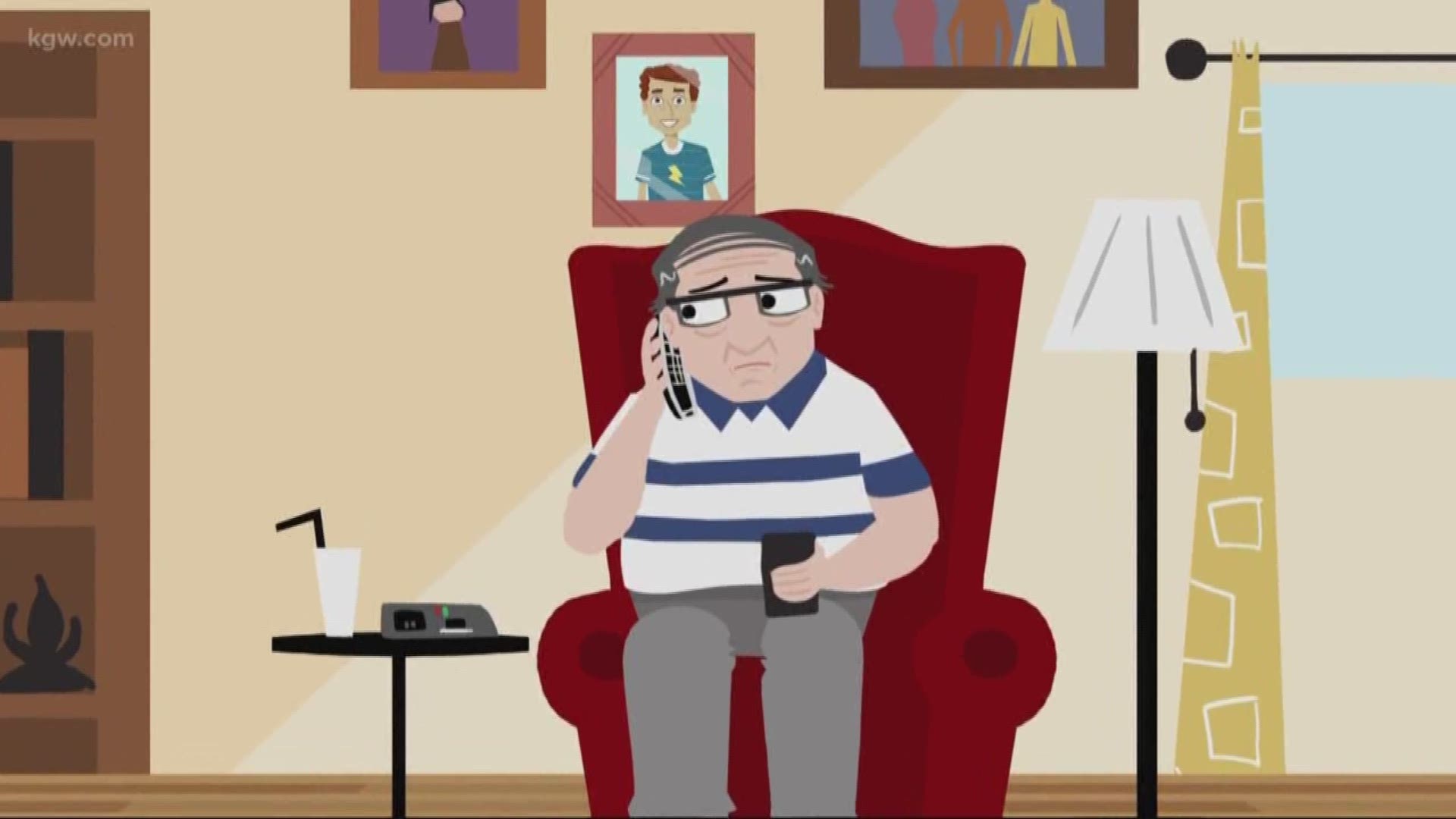There’s a new twist on the "grandparent scam": crooks are demanding cash.
The Federal Trade Commission warns more and more people reported mailing huge amounts of cash to impostors who claimed to be their grandchildren.
“The scammers were giving consumers fairly clear information about how to do it. For example, put the money in a magazine, then put the magazine in a particular type of mailer,” explained Chuck Harwood of the FTC.
Over the past year, Americans lost nearly $41 million to the grandparent scam, compared to $26 million in the previous year, according to the FTC.
Here’s how the scam works: The impostor calls older people and pretends to be their grandchild. They claim to be in trouble; maybe in jail or injured after a car crash. The crook plays on emotion. They claim to need help and ask the grandparent to send money immediately.
Traditionally, the impostor would ask for payment by gift cards or wire transfer but now they’re demanding cash.
“They’ve developed a new script,” explained Harwood.
With cash, there’s very little chance for someone like a store clerk or banker to step in and alert the victim they’re falling for a scam.
The FTC says the average loss for seniors who sent cash was about $9,000.
To avoid falling for the grandparent scam, seniors shouldn’t act right away, no matter how dramatic the story is.
Additionally, grandparents should call the family member or friend that claims to be in trouble, using a phone number you are familiar with.
Seniors should also check with friends or relatives. The impostors often tell people to keep it a secret.

